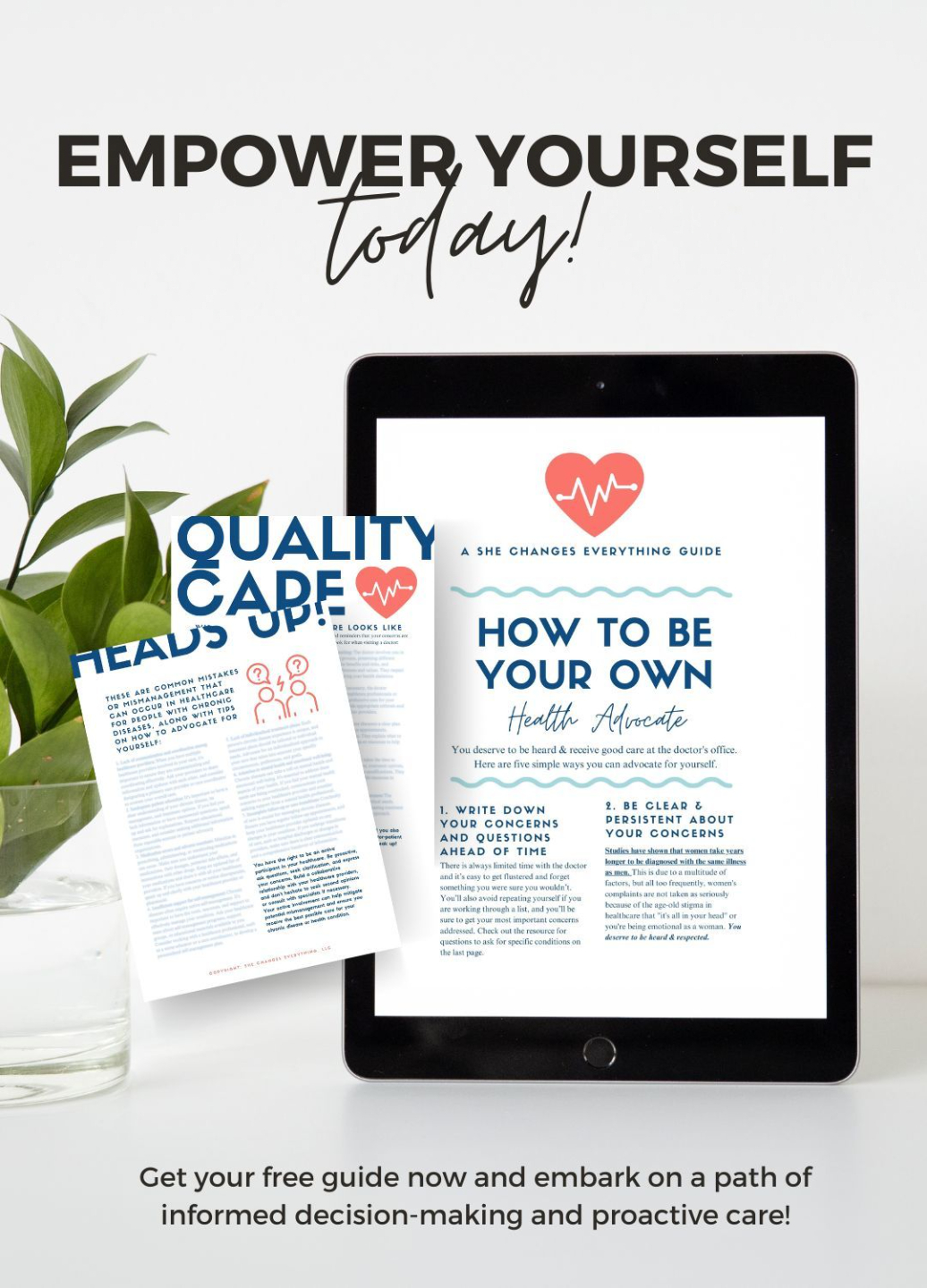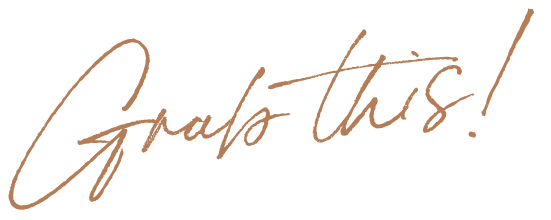What can a $14,000 egg teach us about wellness?
It's a really good question.
But first, you may be wondering, wait, how can an egg even be worth $14,000?
Well, here's the true story of how.
One day, a man was browsing an antique store. He spotted a golden egg, tucked up high away on a shelf. As he picked it up and eyed it up, he noted its condition. There were a few scratches and nicks showing on the surface, but he decided it could be worth something, if he melted it down and changed it. Surely the gold and sacrifices and gems that shone on the surface could have some value by themselves.
He bartered with the antique shop owner and bought the egg to melt it down in the later time.
But life got in the way and years went by.
That egg collected dust on his kitchen counter and he ignored it.
I really can't imagine what the final straw was when he finally decided that egg on the counter simply had to go. When that day finally came, the man decided to Google the word egg and the two words he could see faintly etched on the back. His Google search reported the egg as a rare work of art originally designed by Carl Fabergé.
Lost for decades and not publicly seen since 1903, he had casually determined to melt down and start over with a priceless piece of art worth not 1 million, not 10 million, not even 30 million dollars.
That dusty egg he wanted to change was a Fabergé egg worth 33 million dollars. \
This story vividly demonstrates how we often treat our bodies in the same way. And there's some really powerful lessons to ponder here.
We mirror the man's mistake all the time. We look at our bodies and underestimate their priceless value. We see messages everywhere about potions and diets and surgeries that will melt us down from our original design and change us.
We're often looking for a fast way to make a quick change and melt down the things we don't like.
There's no care or intention to treat our body as the miraculous one-of-a-kind work of art made by God that it is.
This story also demonstrates how critical it is to use the correct scale for your body.
The man looked at the gems and the gold the egg was made from, and he thought he might get some value from them using the very simple scale of weight. Can you imagine that conversation about the egg? Well, if we melt it down, it'll be this number of ounces of gold, and between the 14 sapphires and three diamonds, I'll give you, let's say, $20,000 for it all.
We do this with the actual scale. We let it measure one thing, our weight.
But we don't take the whole body in his creation into context. The man wasn't valuing the object as a whole, its design, its history, its historical significance, its maker. We do the same thing when we only focus on the number the scale shows us and look at it as weight.
In fact, the scale represents so much more than weight. It's our bones, our muscles, our eyes, our nerves, our brain, our memories. It's a billion parts that make us human.
Focusing on weight is the same equivalent of melting down that $33 million egg for the ounces of gold it contained.
The next time you step on the scale, please realize the number reflecting your weight is totaling far more than body fat. It's including so many parts that create a body and a life and a one-of-a-kind creation.
The man let the egg sit on the counter for years he didn't value it highly enough to take immediate action.
Can you imagine how quickly you would sell or protect a Faberge egg you had in your possession that was worth $33 million? We'd be out the door immediately.
I don't think we'd sleep that night knowing something so precious was laying unguarded on the counter. And yet, many of us are in possession of priceless next steps we can take on our health. And we delay and delay and delay, putting them off. Because quite frankly, we've never really made the connection on how valuable they are.
The man casually left the egg on his kitchen counter for years. He'd get around to changing it when he had the time. Can you imagine how he would have acted if he'd seen its true worth?
When you understand something's value, you'll take care of it completely differently.
But, no matter how carefully you take care of something, it's going to change over time. When the man purchased the egg, it wasn't perfect anymore. He examined it. There were scratches and signs of aging on its surface.
When you think about it, the egg hadn't been seen since 1903. An object that has survived that long is bound to have some signs of aging.
But those marks didn't change its value, if you have the gift of aging. Take a step back and realize that it's adding to your value, not diminishing it. Your value is so rich and so deep that cosmetic marks and signs of aging could never change that.
Culture has taught us to be obsessed about our bodies, but not obsessed about our body's true value and how to protect it.
We'll daily align it against the smallest set of standards, its weight, just like the ounces of gold in the egg.
So here are two questions for you to sit with as we close.
What would I immediately change or stop doing if I saw my body as the priceless treasure that it is?
What is something you know makes you feel better?
You know it.
And you just keep putting it off and underestimating how valuable it could be to how you feel.
The next time you get on a scale and see that single number staring back up at you, we hope you'll be sparked to remember just how much value your body has that that single number could never reflect.
Oh, that $14,000 egg that was really worth $33 million?
It's the most valuable Fabergé egg in the world. Out of all 57 that can be found still, with all their extravagant histories worth millions of dollars, that egg that was almost melted down and sold only based on weight is worth the most of them all.
It's a jaw-dropping reminder that how we value and take care of our bodies needs to appropriately fit the miracle that they are and their true priceless worth.






